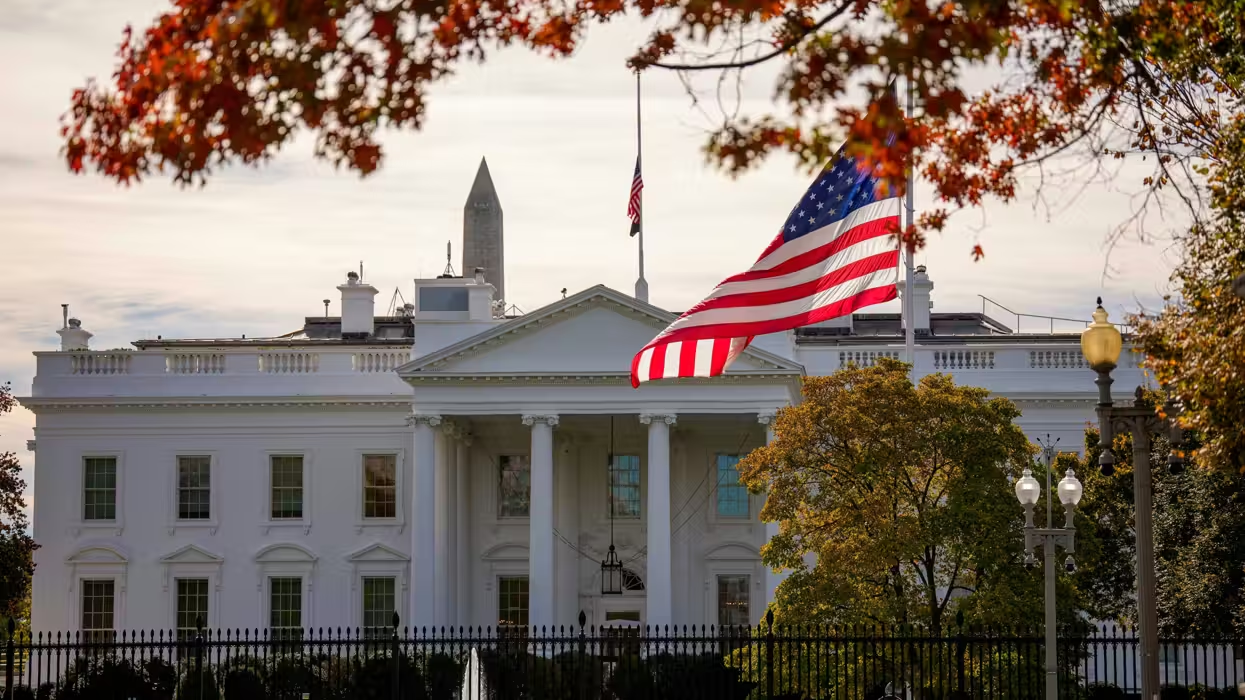© 2025 Blaze Media LLC. All rights reserved.
AP Fact Check: GOP Candidates Make Debate Claims on Bailouts, Budgets & Taxes!
February 22, 2012
WASHINGTON (AP) — Twenty Republican presidential debates later, the head-scratching claims kept coming.
Did Mitt Romney really cut taxes as Massachusetts governor, as he asserted yet again? Or did he raise them by hundreds of millions of dollars, as former Pennsylvania Sen. Rick Santorum alleged? And how could Newt Gingrich have given the nation four balanced budgets when he was only in Congress for two of them?
There was something old, something new, in the misstatements of the candidates Wednesday in what was possibly the last GOP debate.
A look at some of the claims and how they compare with the facts:
ROMNEY to Santorum: "You voted to raise the debt ceiling five times without compensating cuts in spending."
THE FACTS: Maybe so, but increases in the debt ceiling were not politically charged in the past as they are now. They just allow the government to pay bills run up by previous Congresses. To not pay them would be like deciding to stop paying a car loan or mortgage. In fact, President Ronald Reagan, an icon to most conservatives, supported increases in the debt limit 12 times over his two terms. The idea of insisting on offsetting spending cuts when raising the debt ceiling is relatively new.
___
ROMNEY: "They finally realized I was right." — On the government ushering the auto industry into and out of bankruptcy.
THE FACTS: Romney did propose a bankruptcy process for the automakers before the government opted for that course. But there was a tremendous difference between the course he advocated and the one that was taken. GM and Chrysler went into bankruptcy on the strength of a massive bailout that Romney opposed. Neither Republican President George W. Bush nor Democratic President Barack Obama believed the automakers would have survived without that backup from taxpayers. Romney held out the possibility at the time of the government giving certain loan and warranty guarantees that would not have approached the nearly $85 billion bailout.
___
SANTORUM: "Gov. Romney even today suggested raising taxes on the top 1 percent."
THE FACTS: Romney's new proposal actually would lower tax rates across the board. The rate for the wealthiest Americans would drop to 28 percent from 35 percent. However, Romney's call for unspecified new limits on tax deductions for higher-income taxpayers makes it impossible, absent more details, to assess the impact on any individual.
___
NEWT GINGRICH: "When I was speaker ... we balanced the budget for four consecutive years."
THE FACTS: Gingrich has made this misstatement many times before. He was speaker from January 1995 to January 1999. During budget years 1996 and 1997, when Gingrich was House speaker, the government ran deficits totaling nearly $130 billion. In budget year 1998, which ended Sept. 30, 1998, there was a surplus of $69 billion. And in budget year 1999, during which Gingrich was speaker part of the time, there was a surplus of $126 billion. Thus, Gingrich can only claim credit for contributing to two years of a balanced budget, at most.
___
SANTORUM: "Gov. Romney raised $700 million in taxes and fees in Massachusetts."
ROMNEY: "We cut taxes 19 times."
THE FACTS: Romney largely held the line on tax increases but the record is mixed. Massachusetts raised business taxes by $140 million with measures mostly recommended by Romney. As well, the Republican governor and Democratic lawmakers raised hundreds of millions of dollars from higher fees and fines, another form of taxation. Romney himself proposed raising nearly $60 million by creating 33 new fees and increasing 57 others. Anti-tax advocates praised his support for income tax cuts while objecting to his course on business taxes and fees.
Want to leave a tip?
We answer to you. Help keep our content free of advertisers and big tech censorship by leaving a tip today.
Want to join the conversation?
Already a subscriber?
more stories
Sign up for the Blaze newsletter
By signing up, you agree to our Privacy Policy and Terms of Use, and agree to receive content that may sometimes include advertisements. You may opt out at any time.
Related Content
© 2025 Blaze Media LLC. All rights reserved.
Get the stories that matter most delivered directly to your inbox.
By signing up, you agree to our Privacy Policy and Terms of Use, and agree to receive content that may sometimes include advertisements. You may opt out at any time.






